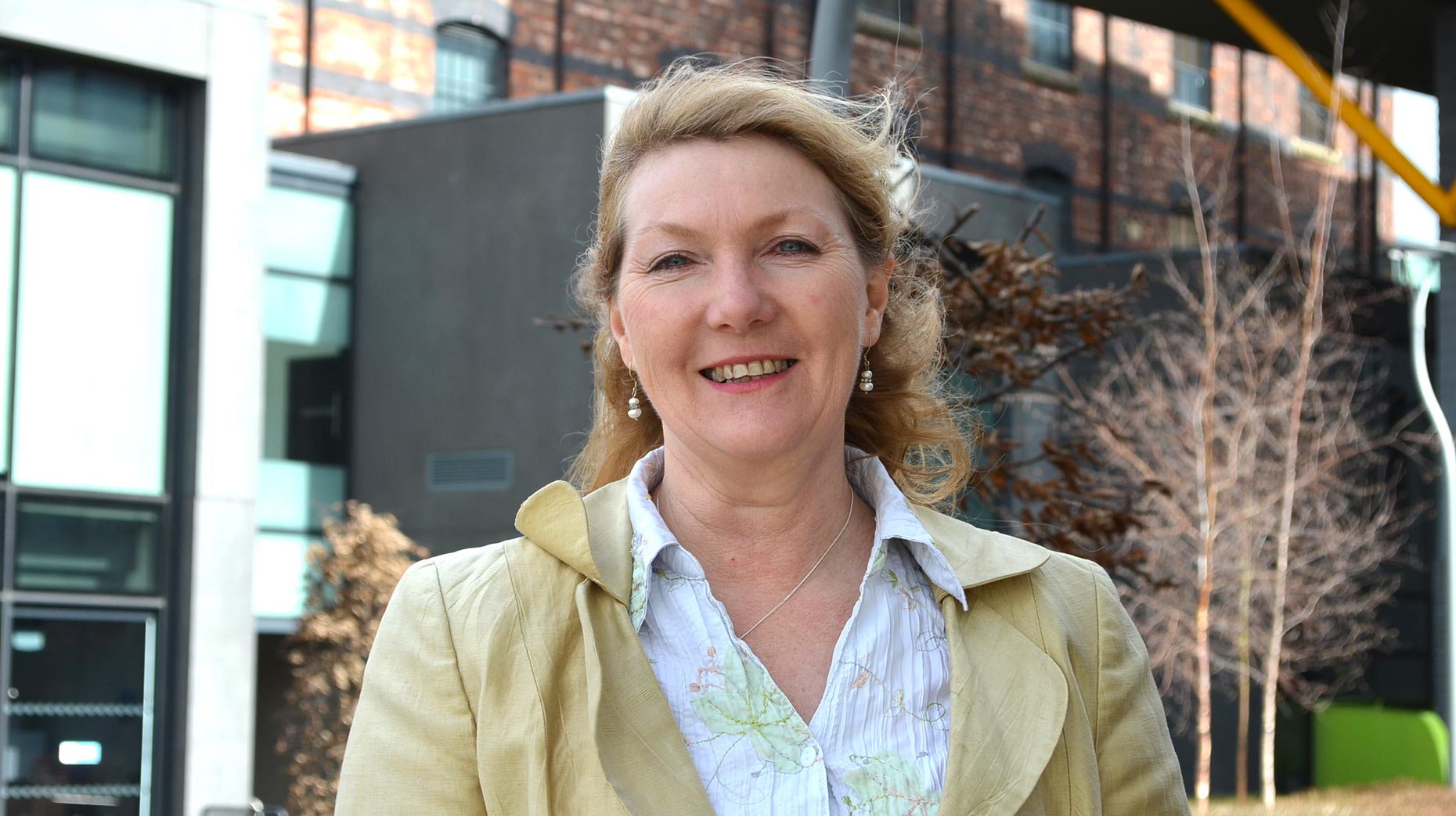Like some other new authority areas, Lincolnshire is asking for devolution of the criminal justice system to the new proposed combined authority.
I had the shocking experience of visiting the Victorian Lincoln Prison last week; the last week of an excellent governor who feels the system is seriously broken. I have also looked at the national position, so my comments can be more widely applied.
Violence in prisons is on the increase; both in regards to prisoners attacking other more vulnerable prisoners and attacks on prison officers (Justice, Select Committee). There is also an increase in suicides amongst the prison population (INQUEST).
In this kind of environment, recruitment and retention of prison officers gets increasingly difficult and therefore staffing levels have fallen, whilst numbers of prisoners have increased (Howard League for Penal Reform). Prisons are overcrowded, with some single person cells now housing two people per cell. With inadequate staffing, prisoners are locked up for longer, up to 23.5 hours out of every 24, eating and toileting in the same room.
This is an environment where it would be incredibly difficult for anyone to remain “sane”, but since the vast majority of inmates have already been damaged by drugs or abuse, it makes a “toxic cocktail” that is hard to bear. Reoffending rates are still high and the sense of rehabilitation is low.
So what can councils do that’s different?
Councils are responsible for children and young people and especially children in care. Still too many find themselves on the wrong side of the law and a disproportionate number end up in prison (Prison Reform Trust). Councils are responsible for public health, reducing addiction and for supporting vulnerable adults in the community.
Can we do better?
Just building big national prisons isn’t tackling the causes of offending and subsequent reoffending. Prisoners need family support on release, so breaking those bonds with expensive, long distance travel for visits is counter-productive. Local prisons are still important.
Just reducing prisoner numbers on its own would be more dangerous still if those criminals who need help are left without adequate support in the community. There has to be a realistic alternative and that inevitably costs money.
We need workers with far smaller caseloads and real access to a range of other support services for people both in prison and on release back into the community.
Much more is needed by way of assertive outreach to prevent reoffending. It is often the “softer” preventative services that get reduced first in times of austerity, but as we enter the longer term, we may be now reaping what we sowed.
The vast majority of inmates are damaged by abuse or drugs. Abusing them further by locking them up with the risk of violence and drugs, does not feel much like rehabilitation. Yet providing work and training requires higher staffing levels, which prisons have not got.
Just spending money on more prisons is throwing good money after bad, if we don’t also tackle the underlying causes of offending behaviour, including mental health issues and addiction. Without adequate support in people’s lives, they sadly disconnect from a sense of a positive future outside the penal system. With or without devolution, we have to do better.






